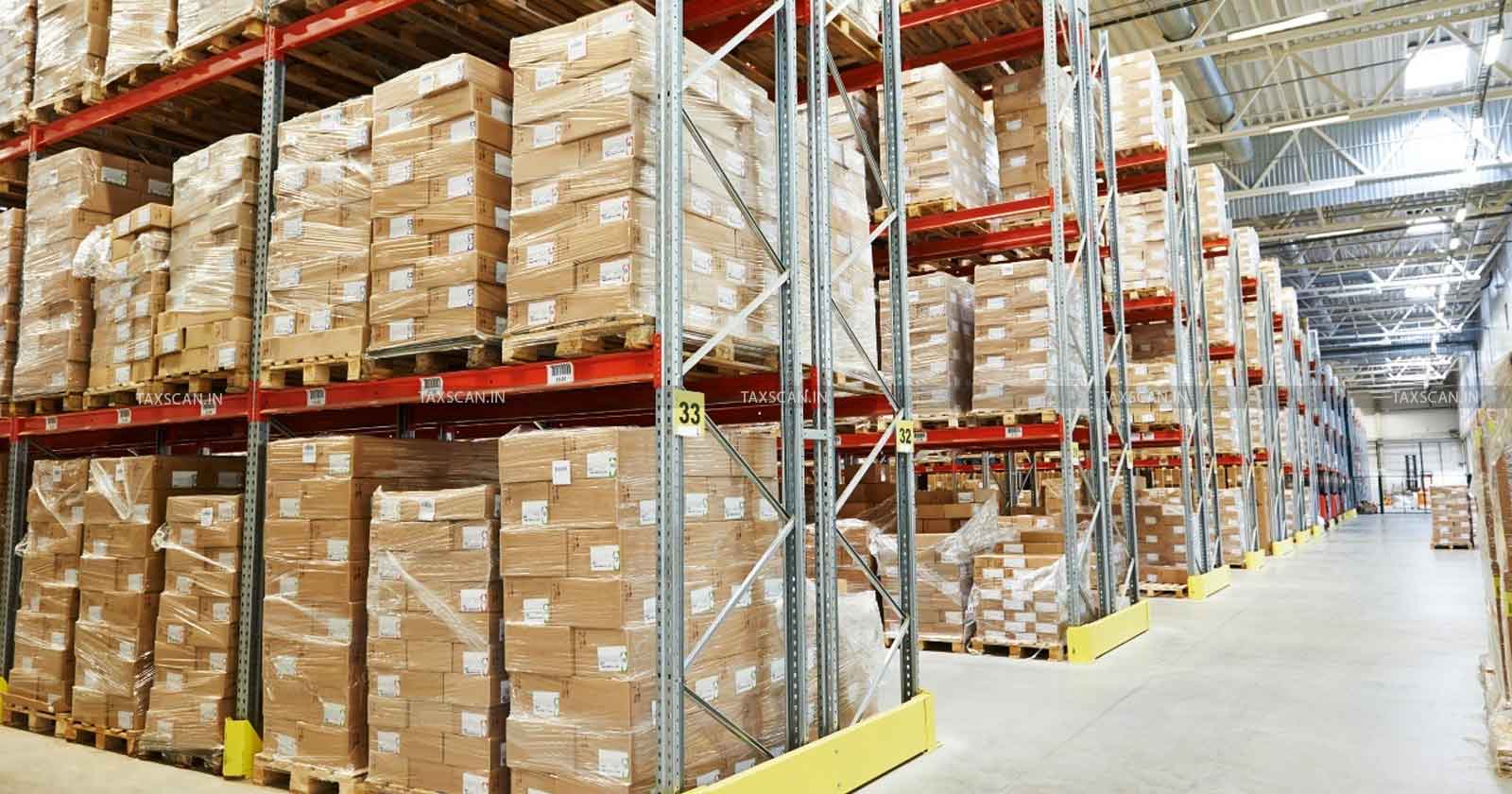Saving of Non-Bonded Cargo from Damage by Storage in Bonded Tanks: Bombay HC upholds Restoration of Customs Warehousing Permission [Read Order]

Cargo – Storage in Bonded Tanks – Bombay HC – Restoration – Customs Warehousing – taxscan
Cargo – Storage in Bonded Tanks – Bombay HC – Restoration – Customs Warehousing – taxscan
A Division Bench of the Bombay High Court upheld the restoration of customs warehousing permission to Ganesh Benzoplast Limited.
The court's decision reaffirmed that the company’s actions in storing non-bonded goods in bonded tanks, under special permissions, did not violate the terms of its public bonded warehouse licence.
The case arose from the storage of goods in bonded tanks, where the Respondent, Ganesh Benzoplast Limited, had been accused of breaching the conditions of their licence by storing non-bonded goods.
The Future of Tax and Finance: Upskill with Us
The Principal Commissioner of Customs had initially imposed penalties and revoked the warehousing operations licence of the company in January 2024. However, the Customs Excise and Service Tax Appellate Tribunal ( CESTAT ) set aside these penalties, citing that the customs department had permitted the storage of goods under special conditions.
The central issue revolved around the storage of edible oils and other goods in bonded tanks that were connected to high-pressure pipelines, where a midway halt in operations could lead to safety hazards. Ganesh Benzoplast had obtained permissions from customs authorities to facilitate this storage in bonded tanks to avoid damage to the goods.
The Future of Tax and Finance: Upskill with Us
Despite the customs department’s argument that the storage violated licence conditions, the court noted that all necessary permissions were obtained. It further pointed out that the conditions in the permissions granted by the customs department were fully adhered to by the Respondent. The High Court, in its judgement, emphasised that the breach of licence conditions alleged by the customs authorities was not supported by any substantive evidence.
The Bench of Justice Jitendra Jain and Justice M S Sonak referred past rulings, including the Supreme Court judgement in BISCO Limited v. Commissioner of Customs and Central Excise, to illustrate that similar permissions had been granted in instances where external factors such as weather or storage limitations required adjustments, thus justifying the company’s actions.
The Future of Tax and Finance: Upskill with Us
In dismissing the customs department’s appeal, the Bombay High Court underscored that there was no substantial question of law arising in the case, and it upheld CESTAT’s order that relieved Ganesh Benzoplast of penalties and allowed the restoration of its customs warehousing permissions.
This ruling highlights the court's acknowledgment of practical business necessities and the importance of adhering to safety procedures in warehousing operations. It also sets a precedent for handling similar disputes concerning bonded warehouses and customs permissions.
To Read the full text of the Order CLICK HERE
Support our journalism by subscribing to Taxscan premium. Follow us on Telegram for quick updates


